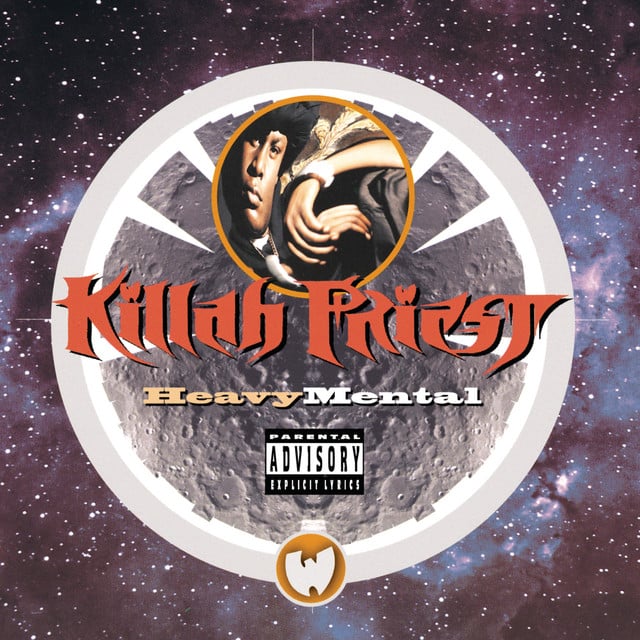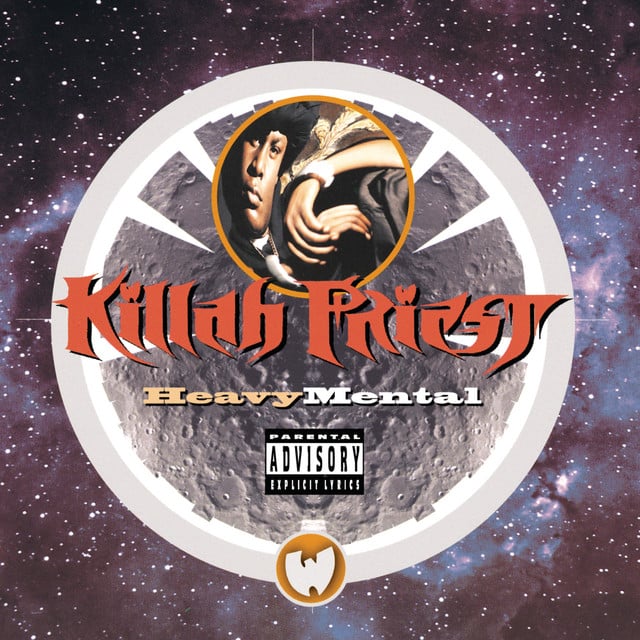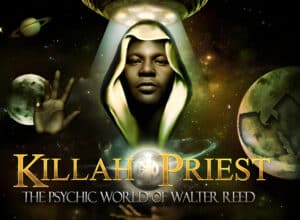Released: 1998 • Features: Tekitha, Hell Razah
“One Step” by Killah Priest, featuring Tekitha and Hell Razah, is a sonic journey through the lived experiences of African Americans, touching on the deep historical pains of slavery, economic deprivation, and ongoing systemic racism. Transporting listeners through time and space, this track uses pristine lyricism to expose the socio-cultural realities that have shaped African American history and identity.
Killah Priest opens with evocative imagery in the lines “early natives related to thrones of David, captured by some patriots, and thrown on slave ships.” He refers to the historical linkage between African peoples and the biblical King David, underscoring the profound impact of the transatlantic slave trade. The allusion to patriots is a stark critique of American nationalism tied to slavery. The term “thrown on slave ships” explicitly reminds us of the brutal transportation of Africans to the Americas during the transatlantic slave trade.
The phrase “the earth crisis, and the righteous grab their ice picks,” metaphorically speaks to the urgency of combating systemic injustices against disenfranchised communities. An ice pick, a tool used to break ice, symbolizes breaking the hardened, icy structures of oppression.
The hook, featuring Hell Razah and Tekitha’s vocal incantations of “your arms too short to box with God,” offers a powerful commentary on the invincible spirit and resilience of the oppressed. This slang phrase suggests the futility of trying to fight forces greater than oneself, in this case, perhaps the prejudiced systems of society.
In his next verse, Killah Priest continues his critical narrative: “Devils morale, they caught us playing with the gold marbles, we wrote novels, now we live life in the bottle.” The ‘gold marbles’ could symbolize African culture and knowledge, conceived as child’s play by colonizers. The phrase ‘live life in the bottle’ signifies being trapped in a cycle of poverty, addiction and despair.
As society continues to grapple with systemic racism, wealth disparity, and historical traumas, tracks like “One Step” remain relevant, serving as a lyrical testament to past injustices and a call-to-action for socio-cultural transformation. Through his evocative wordplay and storytelling, Killah Priest allows listeners to step into the shoes of those affected, bridging gaps in understanding and humanizing complex societal issues.






